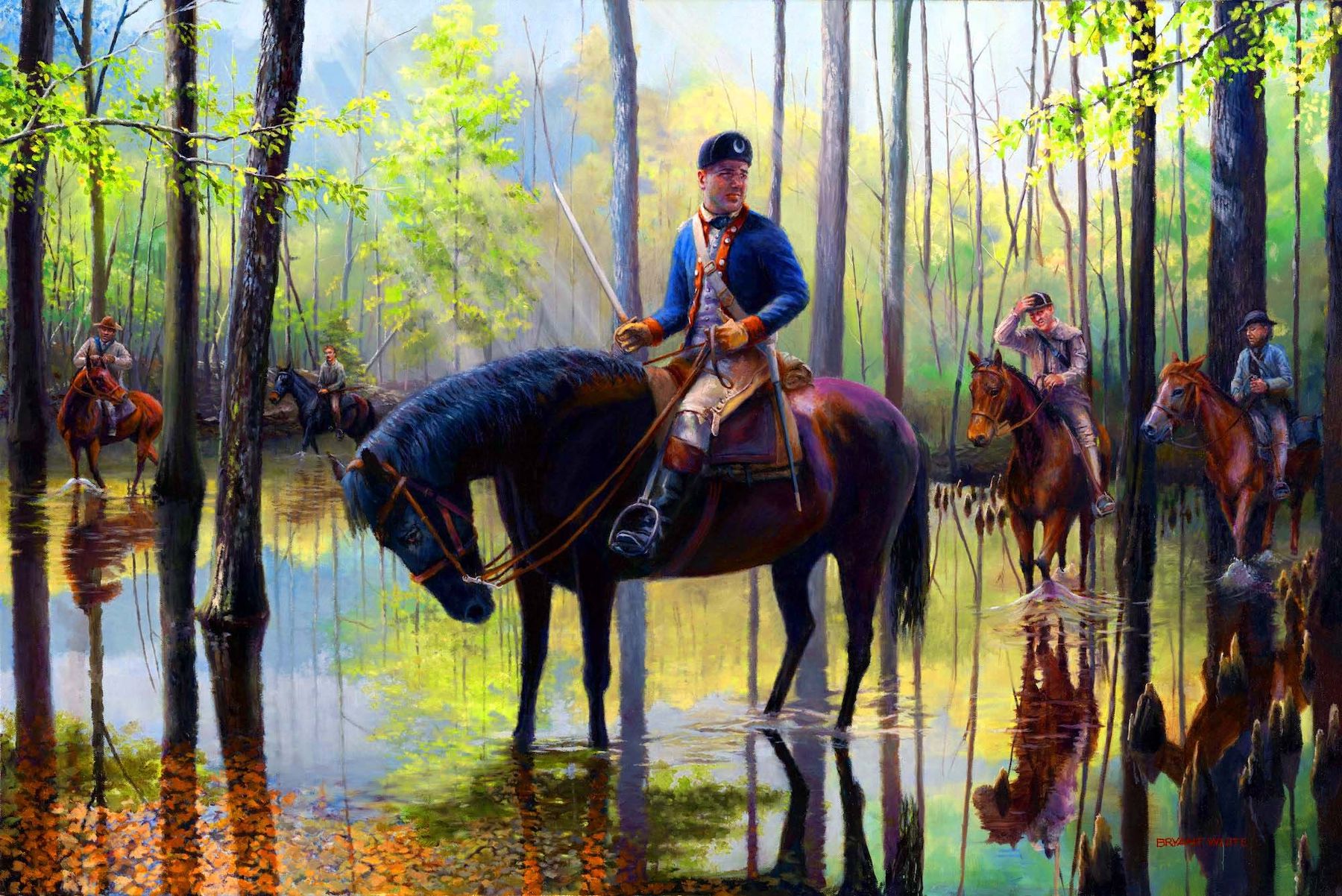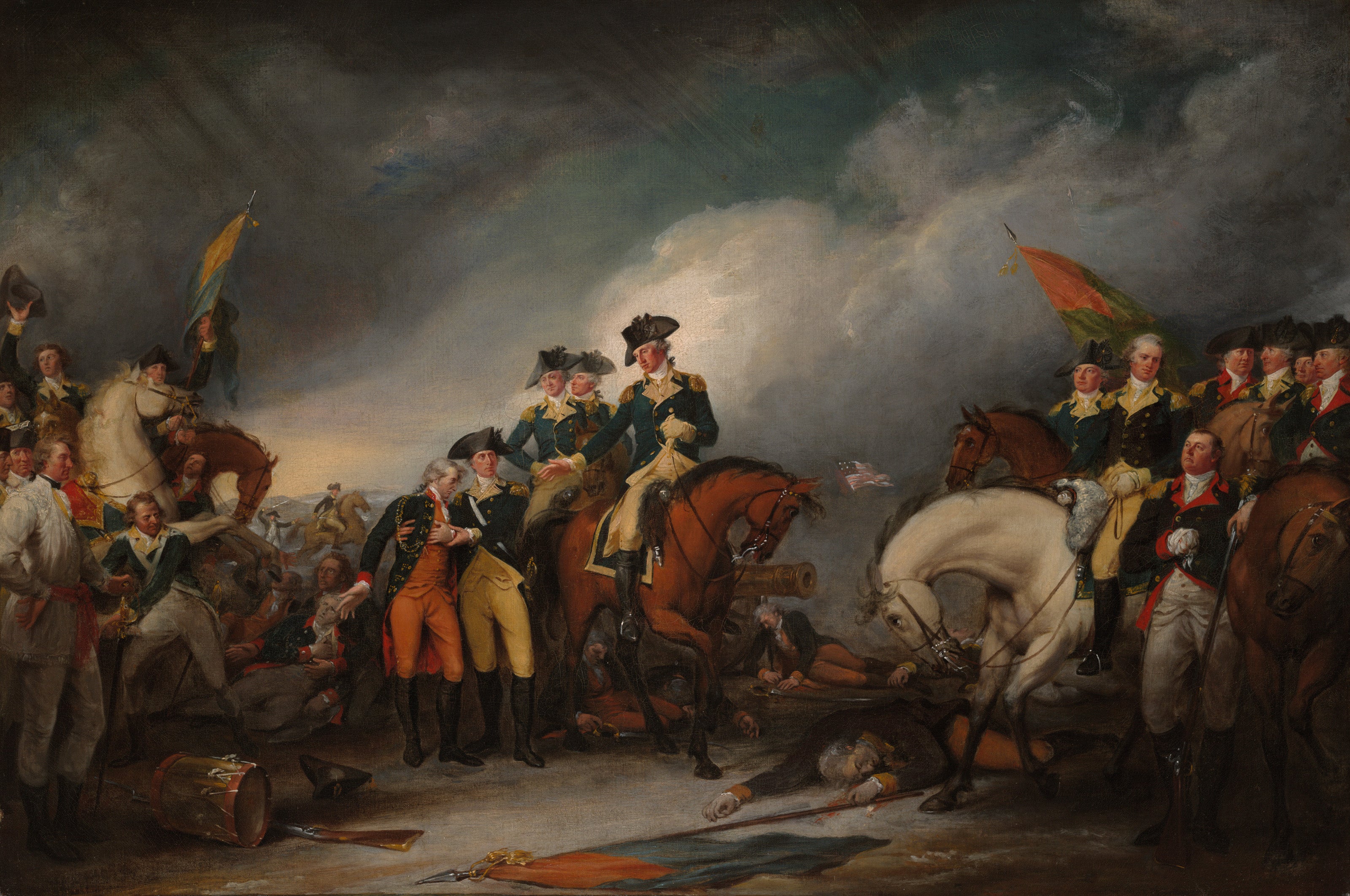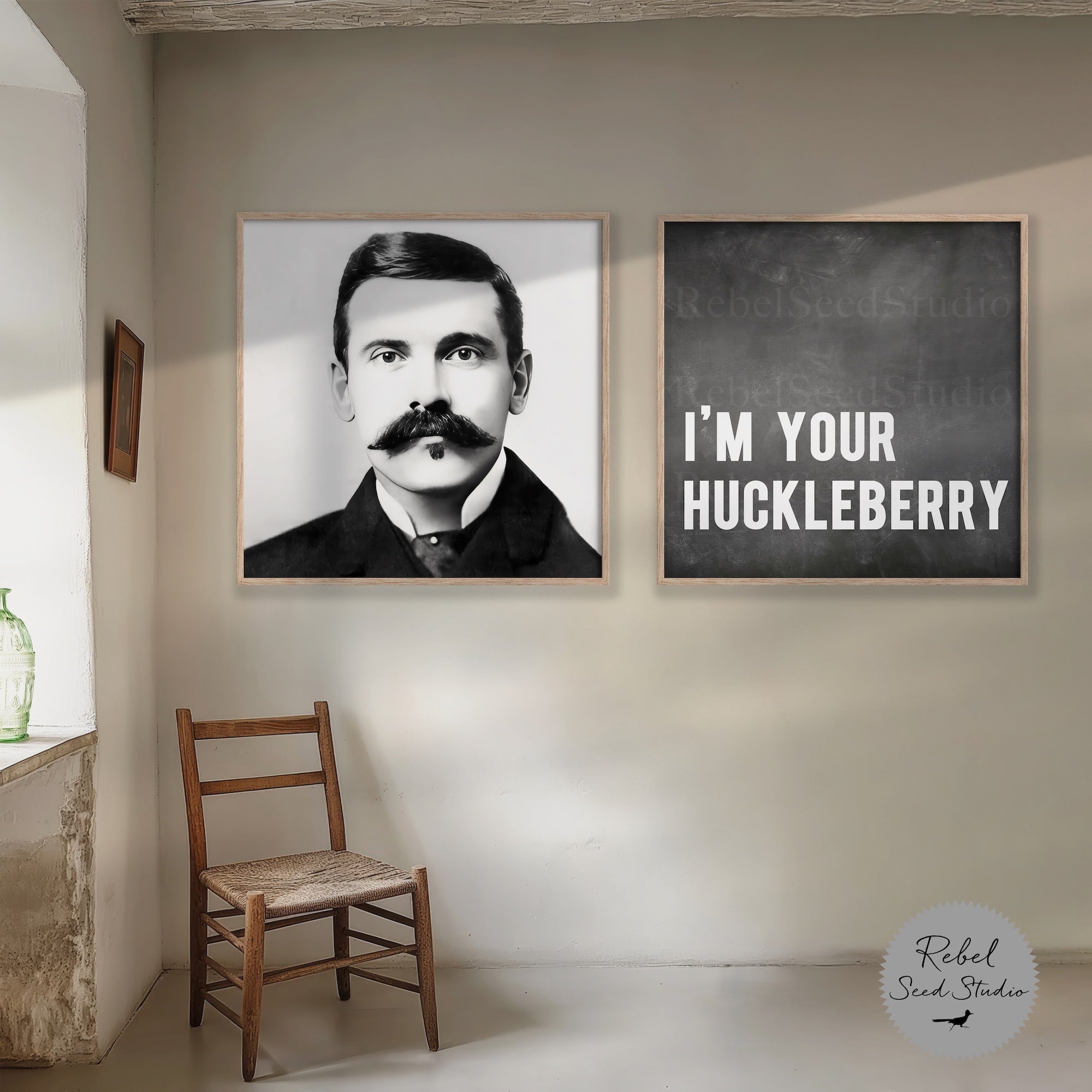
Francis Marion: The "Swamp Fox" (Historical Reprint)
Historical article reprinted from the book "American Heroes & Leaders" written by Wilbur Fisk Gordy in 1907.
One of the most noted partisan leaders of the South during the American Revolution was Francis Marion, who was born near Georgetown, South Carolina, in 1732. Although as a child he was extremely delicate, he grew strong after his twelfth year. In his mature years he was short and slight in frame, but strong and hardy in constitution.
When the British began to swarm into South Carolina he raised and drilled a company of his neighbors and friends known as "Marion's Brigade". These men, without uniforms, without tents, and without pay, were among the bravest and best of the Revolutionary soldiers. Old saws beaten at the country forge furnished them with sabers, and pewter mugs and dishes supplied material for bullets. The diet of these men was simple. Marion, their leader, usually ate hominy and potatoes, and drank water flavored with a little vinegar.
The story is told that one day a British officer entered the camp with a flag of truce. After the conference, Marion, with his usual delicate courtesy, invited him to dinner. We may imagine the officer's surprise when, seated at a log used for a table, they were served to a dinner consisting of roasted sweet potatoes handed to them on pieces of bark. The British officer was still more surprised to learn that at times Marion's men were not fortunate enough to have even potatoes.

"Marion's Brigade" of farmers and hunters seldom numbered more than seventy, and often less than twenty. With this very small force, he annoyed the British beyond measure by rescuing prisoners and by capturing supply trains, foraging parties, and outposts. One day a scout brought in the report that a party of 90 British with 200 prisoners were on the march for Charleston. Waiting for the darkness to conceal his movements, Marion with 30 men sallied out, swooped down upon the British camp, captured, the entire force, and rescued all the American prisoners.
It was the custom of Marion's men when hard pressed by a superior force to scatter, each one for himself, and, dashing headlong into the dense, dark swamps, to meet again at the well-known hiding place. Even while the British were in search of them, they sometimes darted out just as suddenly as they had disappeared, and surprised another British party near at hand. Well did Marion deserve the name of "Swamp Fox" given to him by the British.

































